The septic system is used to dispose of all the waste from the household. Like any other machine it needs regular maintenance to make sure it is healthy and running well. It is important to remember that all the water from your shower and other faucets ends up in your septic tank. All the water that leaves your house through a drain goes into the septic tank; shower, laundry, kitchen sink as well as your toilet, all go to the septic tank.
Signs of Septic System Troubles:
Some of the signs that your septic needs to be seen by the experts at Tri-County Septic are:
- Frequent clogged or slow drains: Your septic is connected to every drain in your home. If one or more drain is showing signs of frequent clogs or drains very slowly, it can be a sign of septic blockage.
- Sewage backup: When the septic is not pumped regularly, the waste already in the tank has no place to go and may back up into your home. This makes for a smelly and uncomfortable home experience. Call the experts at TriCounty Septic, now, to resolve this issue.
- Bright, green grass: The ground surrounding the bright grass is likely to be spongy. This is a sign that your septic system is in distress and overwhelmed.
- Regular Gurgling Noises: Pipes that make constant gurgling noises are another sign that all is not well with your septic system. When the toilet is clogged, try plunging it. If it still is blocked, it could be the septic tank itself.
Regular maintenance and having the tank pumped regularly can make many of these issues disappear. Keep a record of when the tank is pumped. Have a septic tank professional out yearly to check on the septic tank and drain field. Never enter your septic tank, due to the toxic fumes inside, it can be deadly without the right protection. Leave this to the professionals. When a septic tank is not regularly pumped the capacity is diminished. The use of drain cleaners is actually bad for your septic system, not only does it harm the pipes but additionally, it will destroy the good bacteria and put the system off-kilter. And you will still have the clogs and smell you were trying to get rid of. By taking care of your septic tank, system and drain field, you will have drains that drain, toilets that flush, and no unpleasant odors.
Contact the professionals at Tri-County Septic to diagnose and repair any of your septic systems issues.
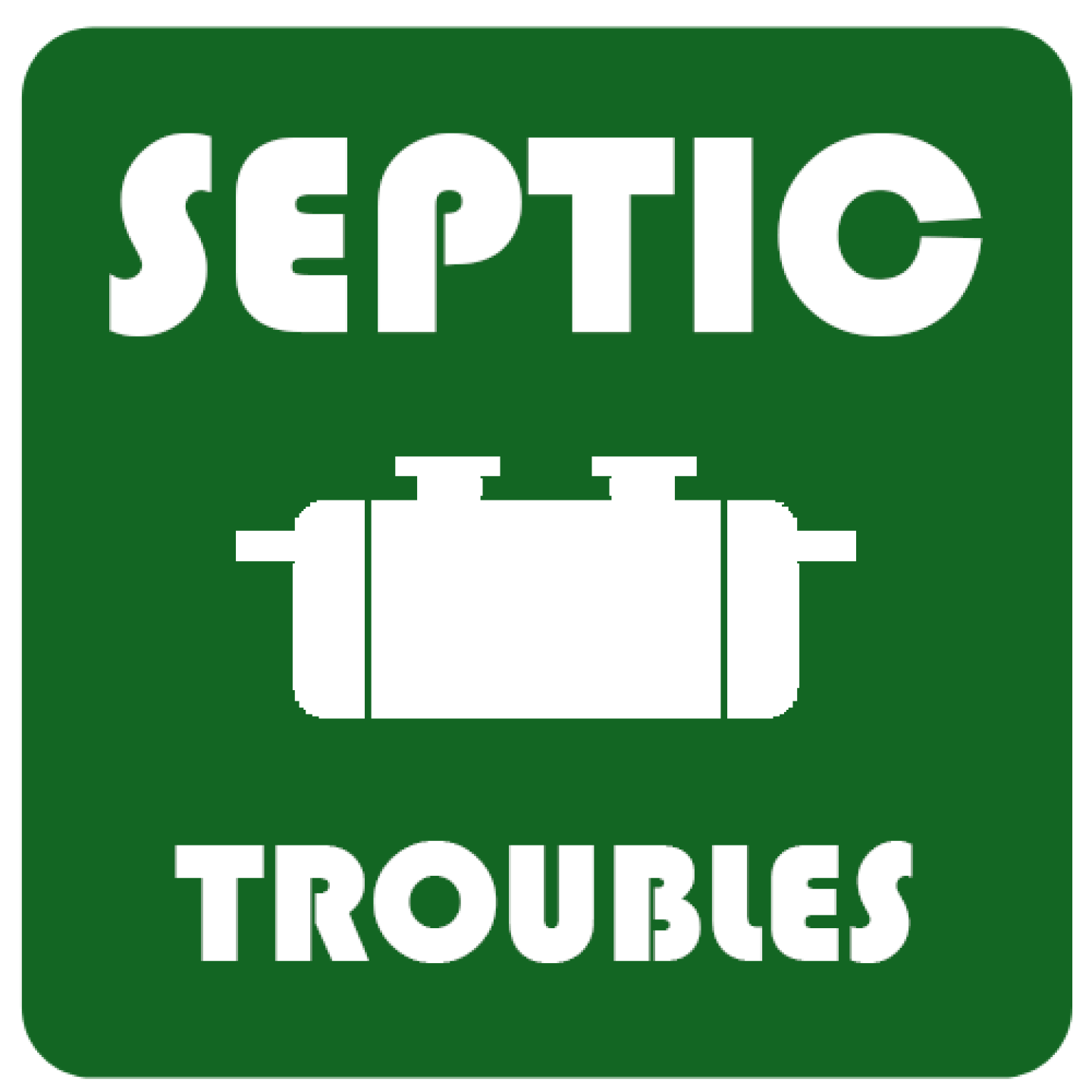
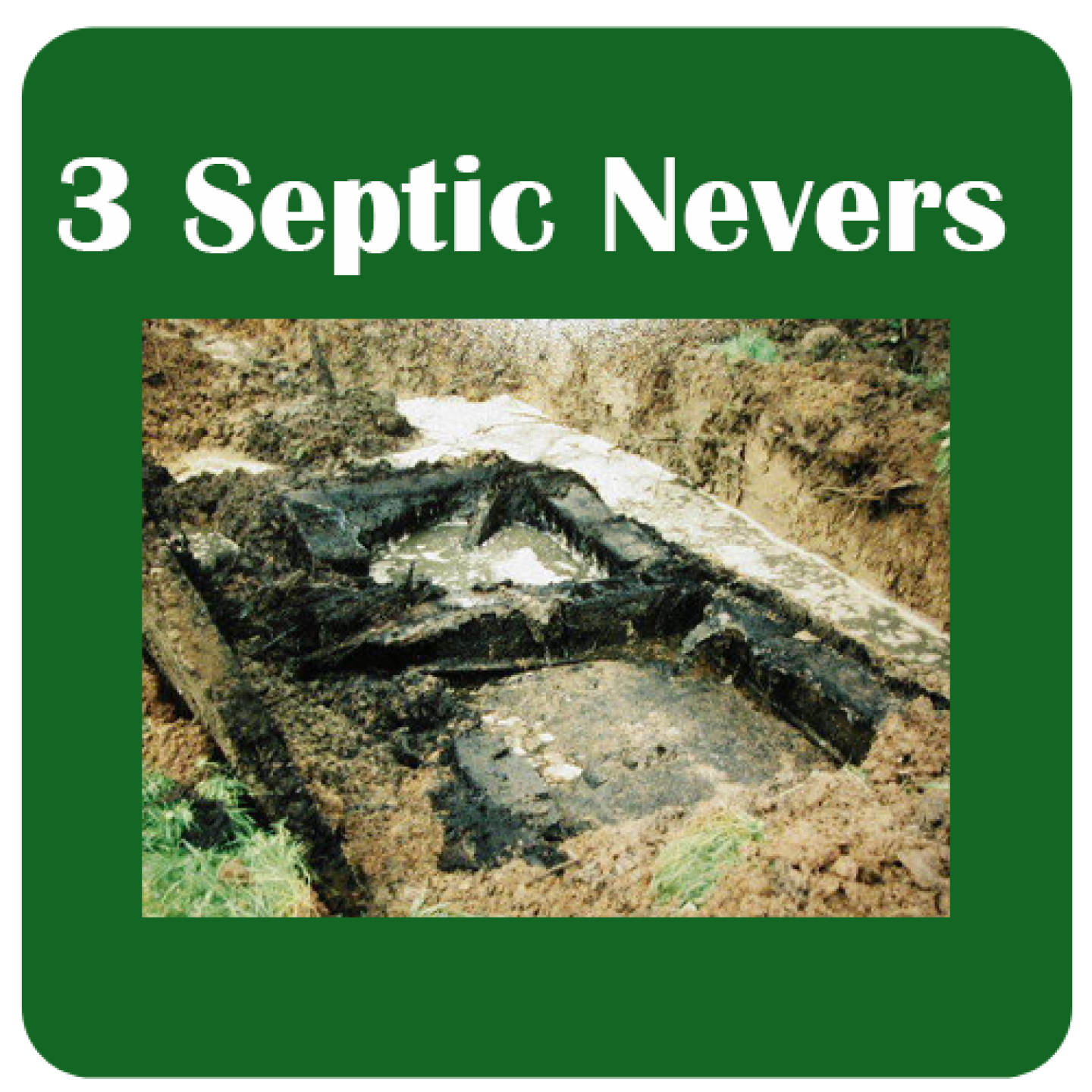
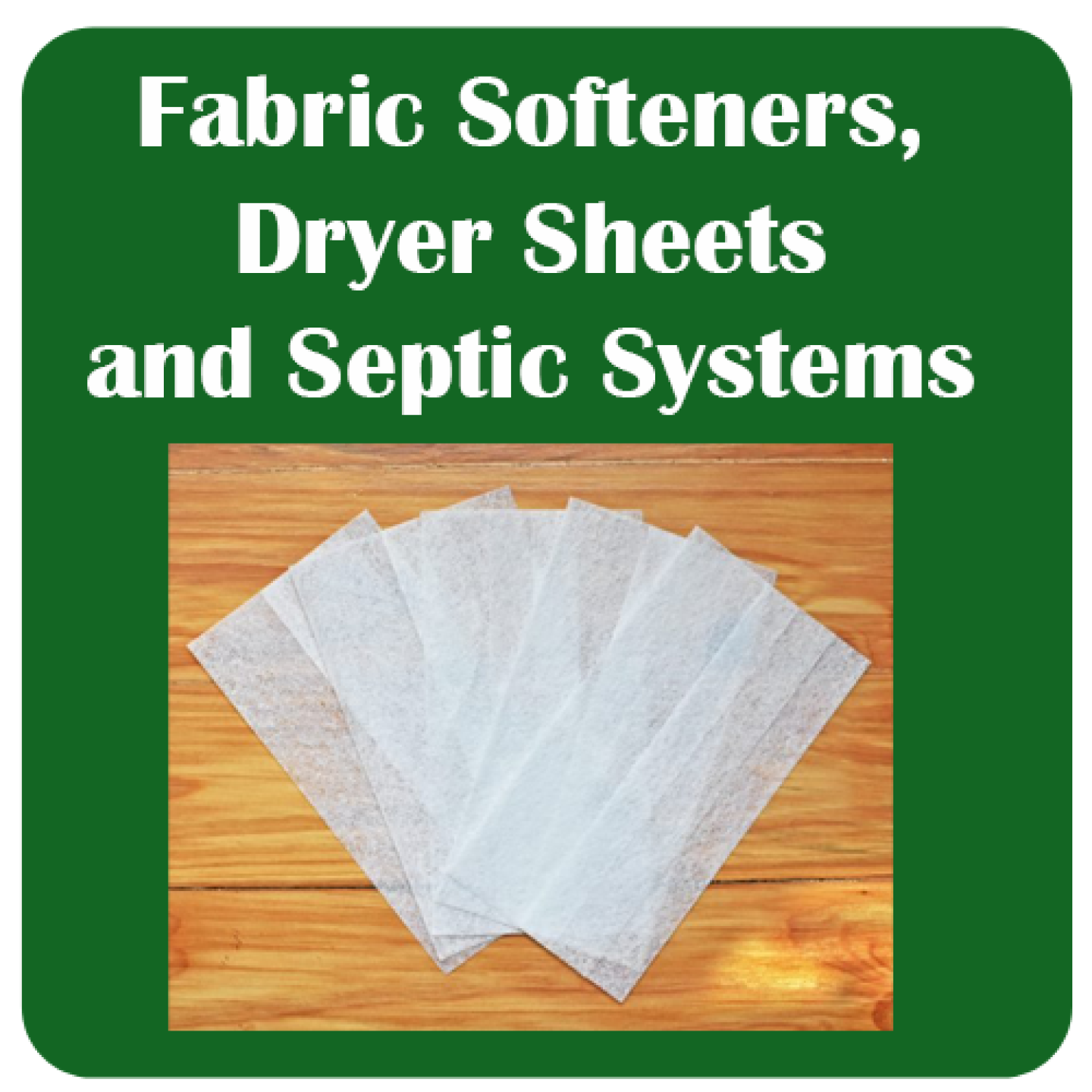
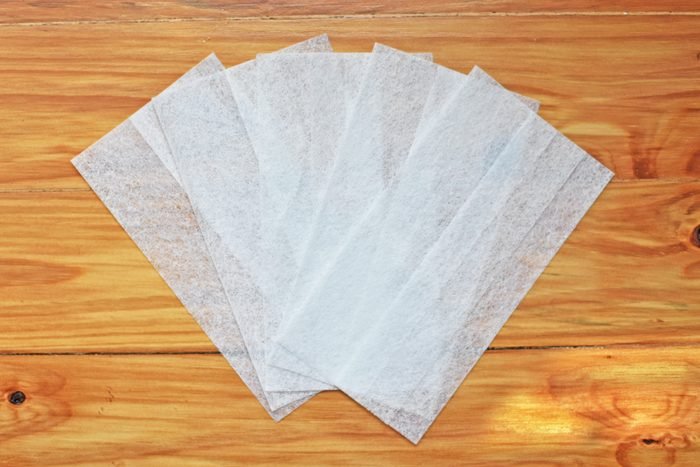
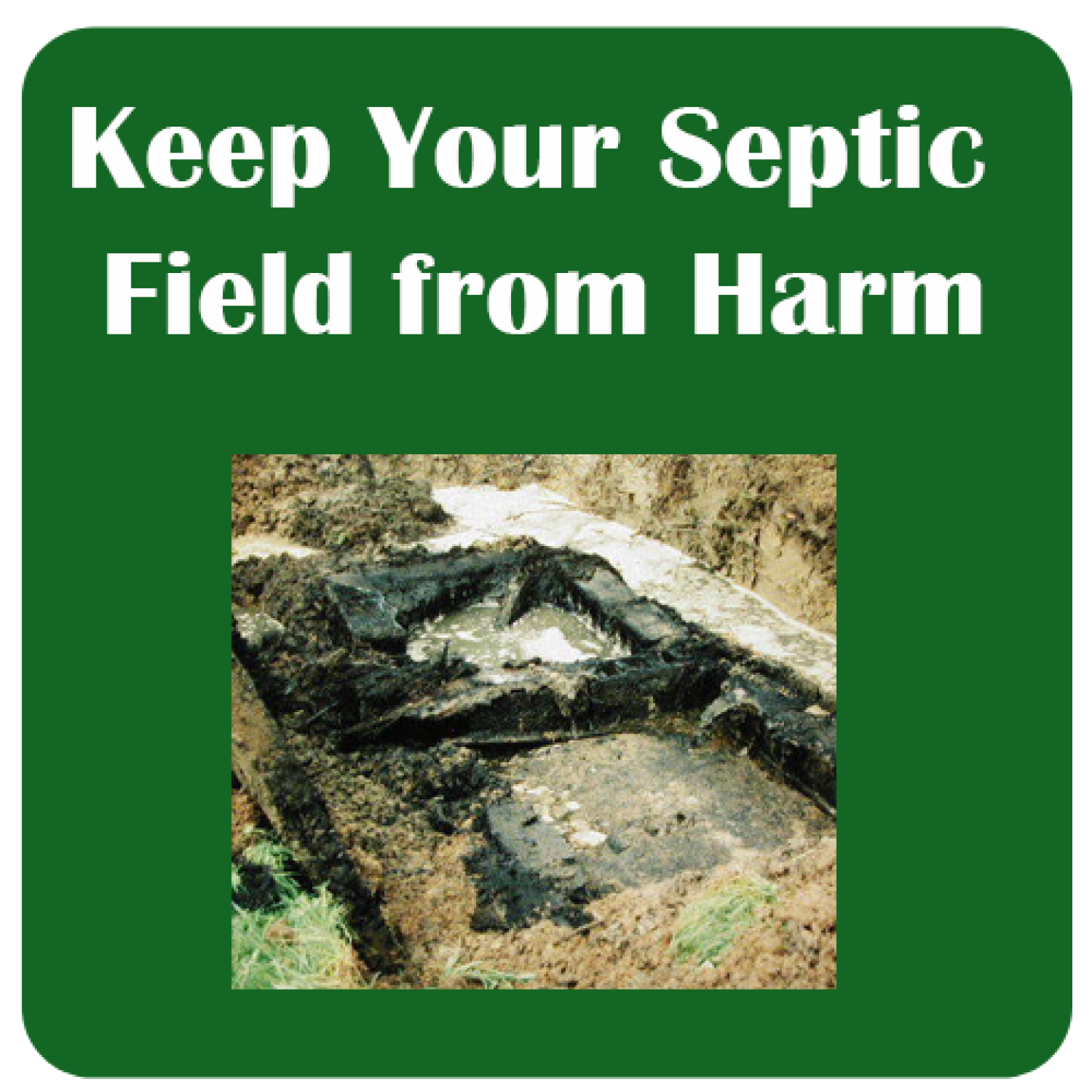
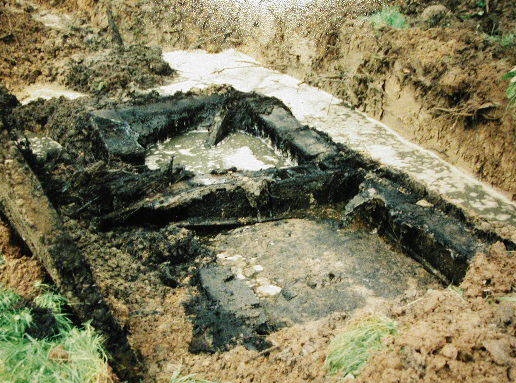

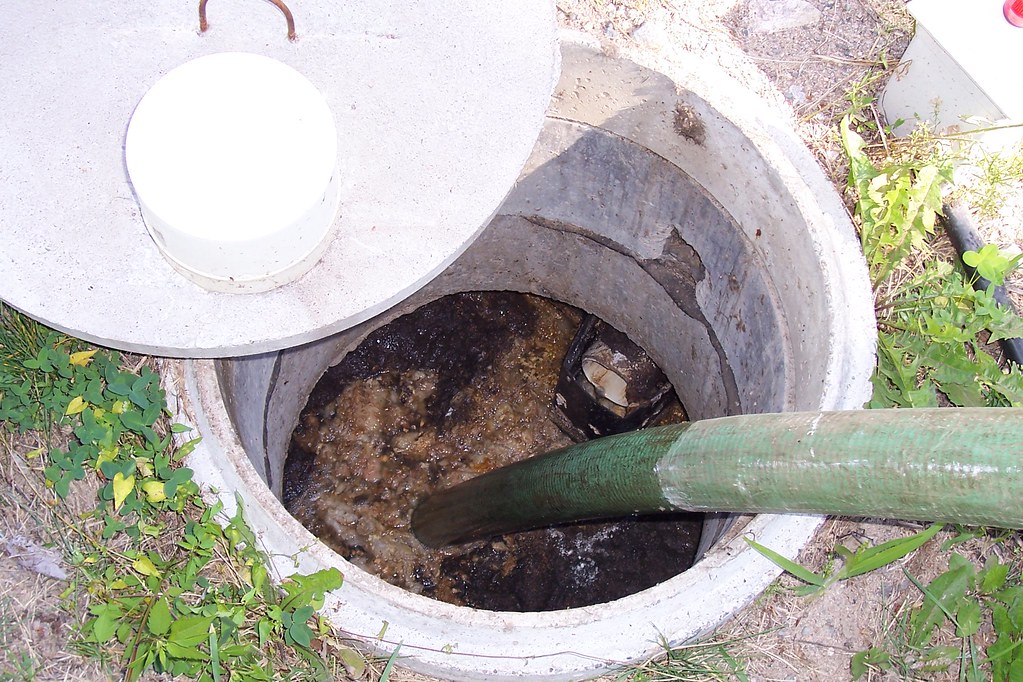
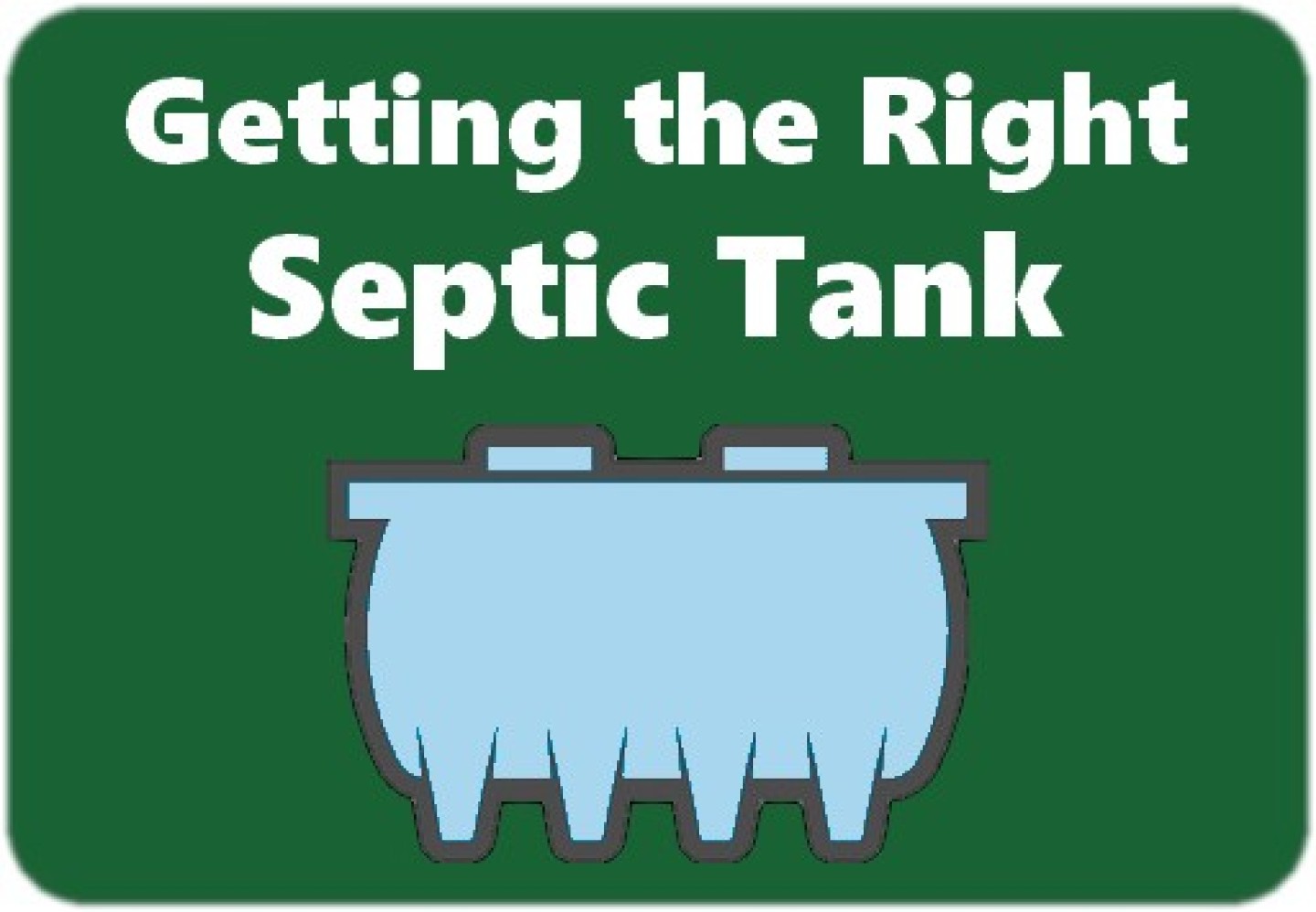
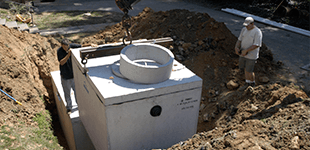
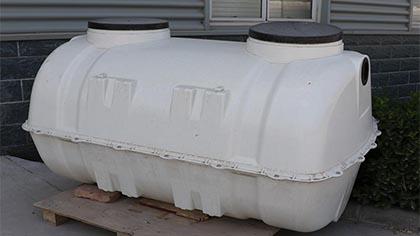
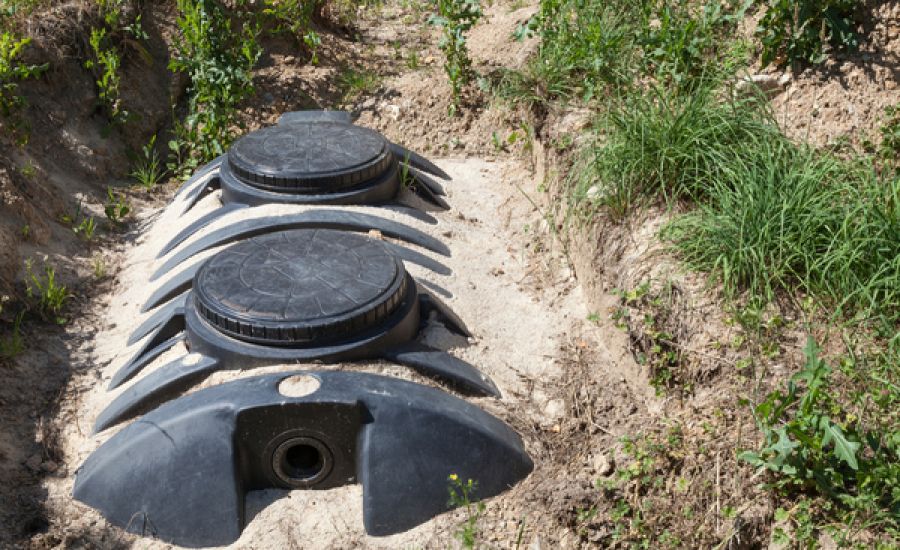
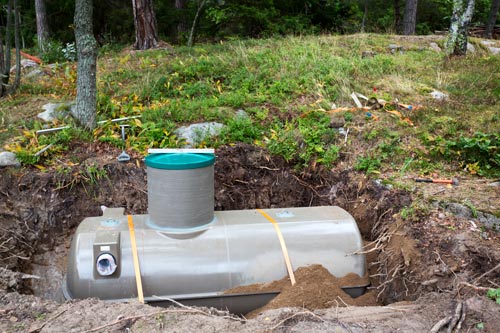
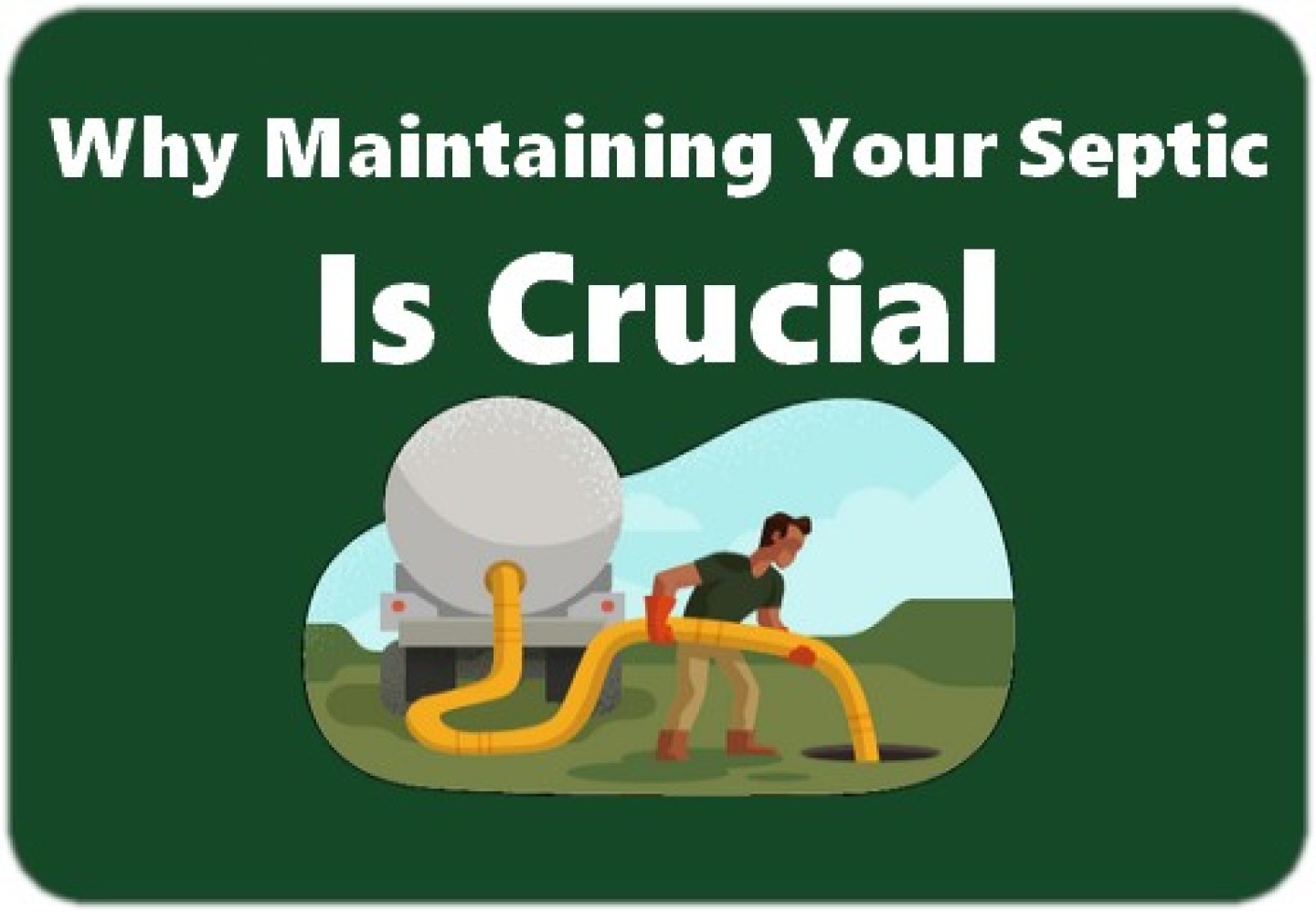
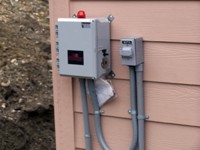
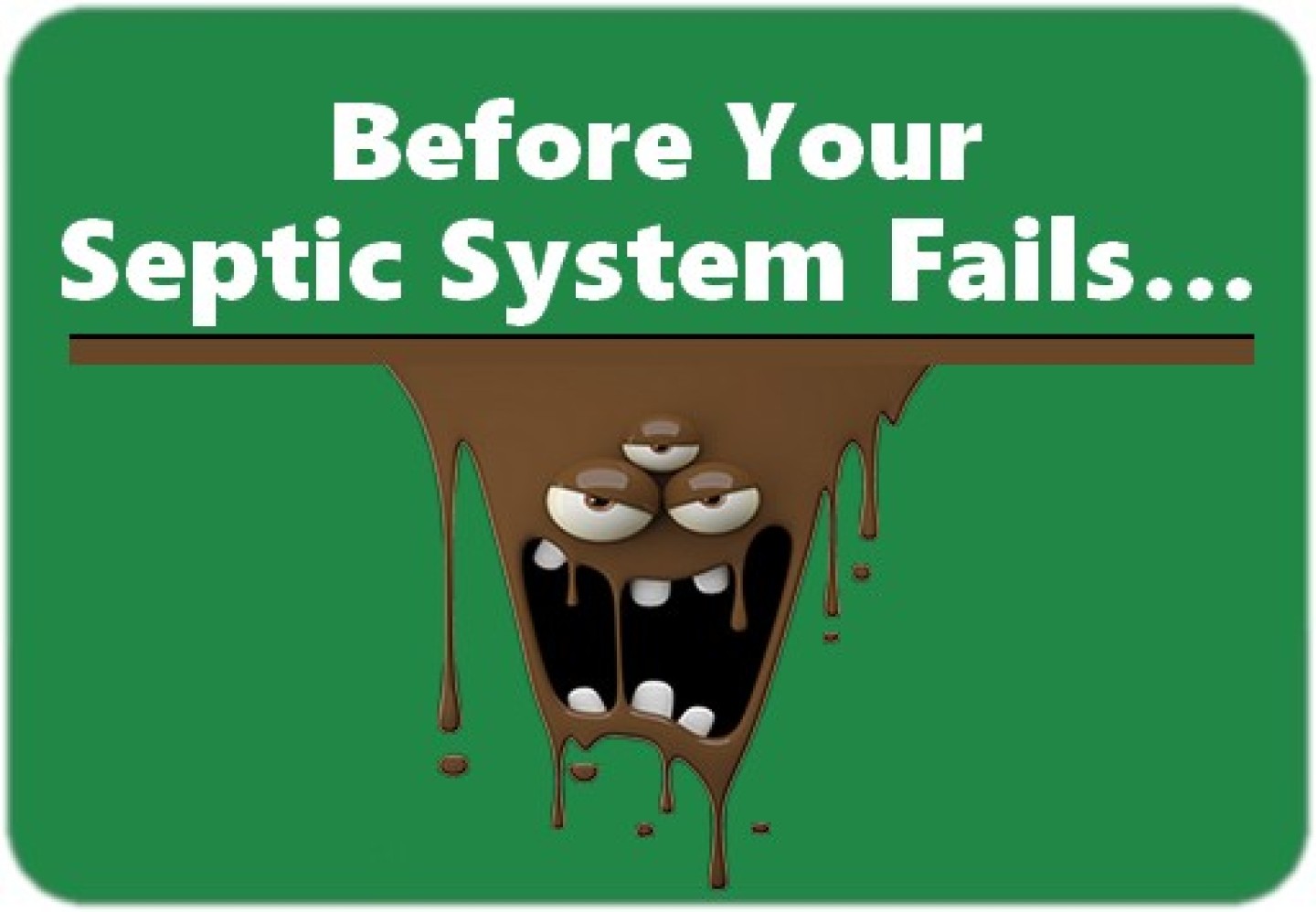
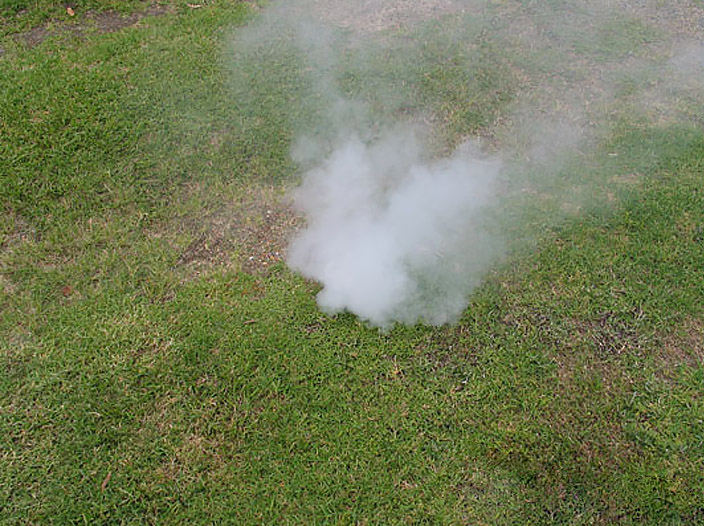
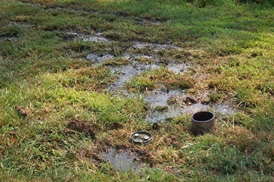
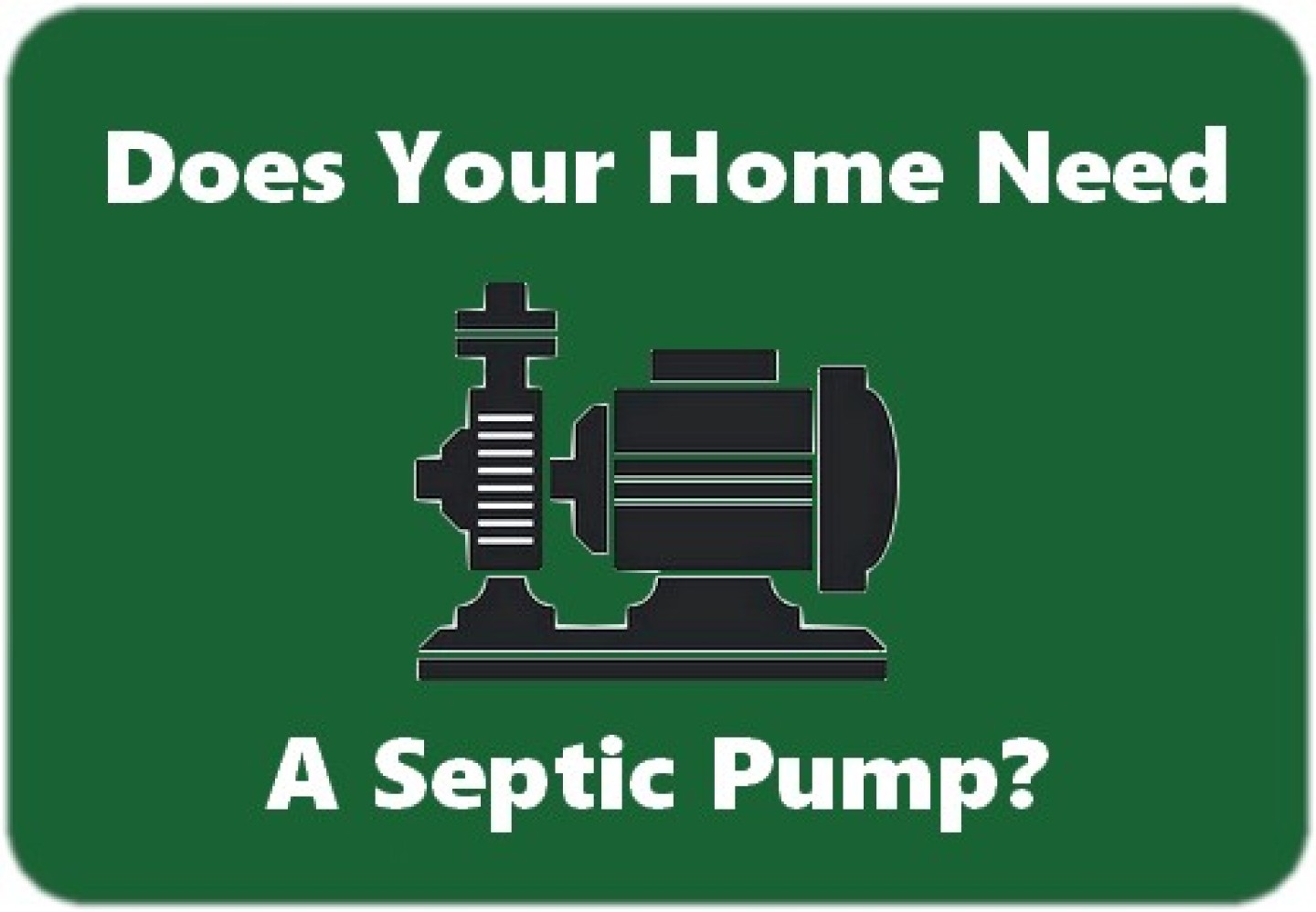

Recent Comments